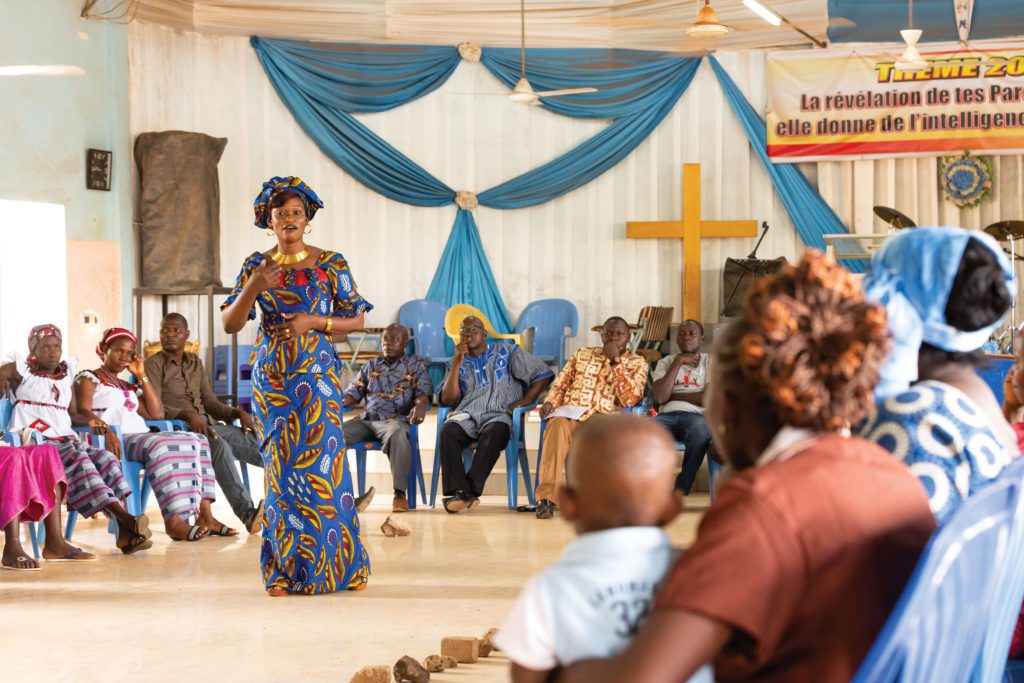Beyond Literate Western Models: Contextualizing Theological Education in Oral Contexts
by Samuel E. Chiang and Grant Lovejoy, eds.
International Orality Network in cooperation with Capstone Enterprises, Hong Kong, 229 pages, 2013, $9.95 (Kindle) or free download from the International Orality Network.
—Reviewed by Lynn Thigpen, cross-cultural worker in Southeast Asia and PhD student in Intercultural Education, Cook School of Intercultural Studies, Biola University.
Through a focus group of Cambodian church planters who work with oral learners, I uncovered that despite the fact that the majority of Cambodians are oral learners, the church planters expressed a strong conviction that leaders in local house churches must be readers. They have patiently taught many oral learners, but could not conceive of any of them as leaders. I quickly realized we had a serious problem to address.
Millions of similar learners across the globe have been excluded from needed theological and leadership education. James Krabill shares that a recent tome on theological education had “virtually no reference to how the Church should be working at the monumental task of leadership training in oral settings” (p. 114). Thankfully, that oversight is addressed in this cutting-edge volume. Emerging from a consultation of forty-two representatives from eighteen institutions and fourteen agencies, Beyond Literate Western Models examines four perspectives in relation to the oral learner: formal institutions, non-formal training programs, educating the oral learner, and issues related to the oral learner him or herself. As a researcher and practitioner in the field of orality, I relished reading such scholarship straight from the “trenches.”
In each of the four sections, contributors present their perspectives and a final writer responds—resulting in fifteen chapters of information pertinent to the theological training of oral learners. A glossary, annotated bibliography, and links to video clips and interviews add to the value of this resource.
The book begins with an examination of the education of those who plan to work with oral learners but quickly transitions to training in Majority World settings such as India, Africa, and the Amazon. For instance, Phil Walker from Africa Theological Seminary proposes the use of synergogy—a type of group learning; while LaNette Thompson writes about sound andragogical practices—such as problem-based learning. Miriam Adeney responds with an emphasis on the importance of the metanarrative of scripture and an allowance for contextual theologies. Afterward, Krabill, among others, discusses local movements, the effective ministry of William Harris of Liberia, and the surprising results of setting the truth to music.
While gleaning from the fifteen chapters, I found myself most fascinated with Bauta Motty’s discussion of theological education in Nigeria. Motty’s insights were powerful glimpses into orality as a way of life and the unique relational task of teaching oral preference learners.
If there are any concerns with the book, one might be the continued amalgamation of orality and storying. Certainly, an emphasis on the use of narrative with oral preference learners is warranted, but the field of orality is much broader than storying. As research and experience progresses in this new frontier, a deeper understanding of oral learners and more tools and strategies for theological education—such as oral hermeneutics—will undoubtedly follow. Meanwhile, Beyond Literate Western Models is a commendable start in the right direction.
Check these titles:
Klem, Herbert V. 1982. Oral Communication of the Scripture: Insights from African Oral Art. Pasadena, Calif.: William Carey Library.
Koehler, Paul F. 2010. Telling God’s Stories with Power: Biblical Storytelling in Oral Cultures. Pasadena, Calif.: William Carey Library.
EMQ, Vol. 50, No. 4, pp. 369-374. Copyright © 2014 Billy Graham Center. All rights reserved. Not to be reproduced or copied in any form without written permission from EMQ editors.


